Hot Water immersion therapy
Hot water Immersion therapy, also known as hydrotherapy, is the use of warm water to promote physical and mental well-being. The therapy has several potential benefits, including pain relief, improved circulation, stress relief, increased mobility, improved sleep, and better cardiovascular health.
It is important to note that everyone's health condition is different and before starting hot water immersion therapy, it's important to consult with your doctor to ensure that it is safe and appropriate for you. Also, maintain the water temperature within safe limits and do not stay in too long to avoid any adverse effects.
History of hot water therapy
The use of hot water for therapeutic purposes has a long history, dating back to ancient civilizations such as the Greeks and Romans. The ancient Greeks, for example, believed in the healing power of hot springs and would often visit them to treat a variety of ailments. The Romans also used hot water for therapeutic purposes, building public baths and incorporating them into their daily routines for both hygiene and health.
In the Middle Ages, hot water therapy was used in the form of sweat lodges and hot-water baths by various indigenous cultures, including the Native Americans and certain European cultures.
During the 19th century, hot water therapy became more widely available and began to be used in hospitals and health clinics. The development of the modern hot tub in the 20th century also made it more accessible for people to use hot water therapy in their own homes.
In recent times, hydrotherapy has been widely used in physiotherapy and rehabilitation centers, as well as in spas and wellness centers. It is also used in various therapeutic settings such as hospitals, nursing homes, and rehabilitation centers to help with conditions like arthritis, fibromyalgia, and muscle soreness.
Is Hot Water Immersion Right for Me?
Whether or not hot water immersion therapy is suitable for you depends on a number of factors, including your overall health and any medical conditions you may have. While hot water immersion therapy can have numerous health benefits, it may not be appropriate for everyone.
Before attempting hot water immersion therapy, it is important to consult with a doctor. This is particularly important if you have any medical conditions, such as heart disease or high blood pressure, as these conditions can be aggravated by hot water immersion therapy.
How hot does the water need to be?
The temperature of the water used in hot water immersion therapy should be within a safe range to avoid any adverse effects. The recommended temperature range for hot water therapy is between 33°C and 39°C. It's important to note that individual comfort level and tolerance to heat may vary, so it's important to start with a lower temperature and gradually increase it to a comfortable level.
Also, it is important to monitor the temperature of the water continuously, to ensure it remains within a safe range. It's also important to not stay in too long in hot water as it can cause overheating and dehydration. Consult with your doctor or a healthcare professional to determine the appropriate temperature for your specific condition.
Treat a variety of conditions
Hydrotherapy can be used to help with a variety of conditions, including:
-
Arthritis: The warmth of the water can help to relax muscles and ease pain caused by arthritis. The buoyancy of the water can also help to reduce the impact of gravity on the joints, making it easier to move and exercise.
-
Fibromyalgia: The warmth and buoyancy of the water can help to reduce pain and muscle stiffness caused by fibromyalgia.
-
Muscle soreness: The warmth of the water can help to relax muscles and ease pain caused by muscle soreness. The buoyancy of the water can also make it easier to move and exercise, promoting healing and reducing inflammation.
-
Stress and anxiety: The warmth and buoyancy of the water can help to promote relaxation and reduce stress and anxiety.
-
Depression: The warmth and buoyancy of the water can help to promote relaxation and reduce symptoms of depression.
-
Insomnia: The relaxing effects of hot water immersion therapy can help to promote better sleep, making it an effective treatment for insomnia and other sleep disorders.
-
Cardiovascular conditions: Hydrotherapy can also improve cardiovascular health by promoting heart rate and blood flow. It can also lower blood pressure and reduce the risk of heart disease.
-
chronic pain: Hot water immersion therapy has been found to be effective in reducing chronic pain.
-
Musculoskeletal disorders: Hydrotherapy can be effective in managing symptoms of musculoskeletal disorders like back pain, osteoarthritis, and rheumatoid arthritis.
-
Neurological conditions: Hydrotherapy has also been found to be effective in managing symptoms of neurological conditions like stroke, spinal cord injury, and traumatic brain injury.
Hot Water Immersion Therapy Precautions
Hot water immersion therapy can offer many benefits for physical and mental health. However, it is essential to take certain precautions before engaging in this type of therapy. Here are some important precautions to keep in mind:
Stay Hydrated: It is crucial to stay hydrated before and during hot water immersion therapy. The high temperature of the water can cause dehydration, so it is recommended to drink plenty of water before and after the therapy session.
Avoid Alcohol Consumption: Drinking alcohol before or during hot water immersion therapy can be dangerous. Alcohol can increase the risk of dehydration and cause dizziness or loss of consciousness, which can be hazardous in a hot water environment.
Limit the Duration of Each Session: The duration of each hot water immersion therapy session should be limited to avoid overheating. It is recommended to limit each session to 20-30 minutes and take a break in between sessions to cool down.
Monitor Water Temperature: Before starting the hot water immersion therapy session, ensure that the water temperature is safe and not too hot. The recommended temperature for hot water immersion therapy is between 38-40 degrees Celsius.
Avoid Hot Water Immersion Therapy if Pregnant: Pregnant women should avoid hot water immersion therapy, especially during the first trimester. High temperatures can be harmful to the developing fetus and increase the risk of birth defects.
Check with a Doctor: Individuals with certain health conditions, such as heart disease, diabetes, or high blood pressure, should consult with their doctor before starting hot water immersion therapy. The high temperature of the water can affect these conditions and cause complications.
Hot water immersion therapy benefits
Hot water immersion therapy helps promote physical and mental well-being. There are several potential benefits of this therapy. It is important to note that everyone's health condition is different and before starting hot water immersion therapy, it's important to consult with your doctor to ensure that it is safe and appropriate for you.
Pain relief
Pain relief: The warmth of the water in hot water immersion therapy can help to relax muscles and ease pain by increasing blood flow to the affected area. This increased blood flow brings oxygen and nutrients to the area, promoting healing and reducing inflammation. The buoyancy of the water also helps to reduce the impact of gravity on the body, which can help to alleviate pain caused by conditions such as arthritis, fibromyalgia, and muscle soreness.
Improved circulation
Improved circulation: Hot water immersion therapy can help to improve circulation by promoting blood flow and oxygenation to the body. The buoyancy of the water can also help to reduce the impact of gravity on the body, which can make it easier for blood to flow through the veins. This increased blood flow can help to reduce inflammation and promote healing. Additionally, the heat of the water can cause blood vessels to dilate, which can help to improve blood flow and bring more oxygen and nutrients to the body's tissues.
Stress relief
Stress relief: The warmth and buoyancy of the water in hot water immersion therapy can help to promote relaxation and reduce stress. The feeling of weightlessness can help to reduce muscle tension and promote a sense of calm. Additionally, the heat of the water can help to raise the body's temperature, which can mimic the natural relaxation response. This can help to reduce anxiety and depression, and improve overall mental well-being.
Increased mobility
Increased mobility: The buoyancy of the water in hot water immersion therapy can help to reduce the impact of gravity on the body, making it easier to move and exercise. This can be especially beneficial for people with mobility issues or disabilities, as the water can help to support the body and reduce the risk of injury. Additionally, the heat of the water can help to relax muscles and increase flexibility, which can make it easier to move and exercise.
Improved sleep
Improved sleep: The relaxing effects of hot water immersion therapy can help to promote better sleep by reducing stress and promoting relaxation. The heat of the water can also help to raise the body's temperature, which can mimic the natural sleep response. Additionally, the buoyancy of the water can help to reduce the impact of gravity on the body, which can make it easier to find a comfortable position and fall asleep.
Better Cardiovascular health
Better Cardiovascular health: Hydrotherapy can also improve cardiovascular health by promoting heart rate and blood flow. The buoyancy of the water can help to reduce the impact of gravity on the body, making it easier for the heart to pump blood. The heat of the water can also cause blood vessels to dilate, which can help to improve blood flow and bring more oxygen and nutrients to the body's tissues. Additionally, regular hot water immersion therapy can also help to lower blood pressure and reduce the risk of heart disease.
How do I Perform Hot Water Immersion Therapy?
Hot water immersion therapy can be performed by immersing the body in a hot water for 20 to 30 minutes. The water temperature should be between 39 and 42 degrees Celsius, and the bath should be deep enough to cover the entire body.
Carefully step into the tub and immerse your entire body in the hot water. Relax and allow the heat to penetrate your muscles, promoting relaxation and pain relief. If you feel overheated or uncomfortable, you can add cool water to the bath to lower the temperature.
It is important to note that hot water immersion therapy can cause dehydration, so it is essential to drink plenty of water before and after the therapy. The heat from the water can cause the body to sweat, which can lead to dehydration if fluids are not replaced.
To prevent dehydration, drink water before and after the therapy, and consider sipping on water or a hydrating beverage during the therapy as well. This can help to replenish fluids lost through sweating and prevent dehydration.
If you have any medical conditions or concerns, such as kidney disease or heart disease, it is particularly important to consult with a healthcare professional before attempting hot water immersion therapy. They can provide guidance on how to perform the therapy safely and effectively, and advise you on any precautions you should take.
Hot Water Immersion Therapy vs. Cold Water Immersion Therapy
Hot water immersion therapy and cold water immersion therapy are two types of hydrotherapy that offer unique benefits. Here is a comparison of the two therapies:
Hot water immersion therapy involves soaking in a tub or pool of hot water with a temperature range of 38-40 degrees Celsius. This therapy is beneficial for muscle relaxation, pain relief, stress reduction, and improved blood circulation. Hot water immersion therapy can also aid in the treatment of conditions such as arthritis, fibromyalgia, and back pain.
Cold water immersion therapy involves soaking in a tub or pool of cold water with a temperature range of 10-15 degrees Celsius. This therapy is beneficial for reducing inflammation, increasing metabolism, improving immune function, and increasing mental alertness. Cold water immersion therapy can also aid in the treatment of conditions such as muscle soreness, injury recovery, and fatigue.
Both hot water immersion therapy and cold water immersion therapy offer unique benefits, but they work in different ways. Hot water immersion therapy is ideal for promoting relaxation and easing muscle tension, while cold water immersion therapy is ideal for reducing inflammation and increasing alertness. Hot water immersion therapy is best for people with chronic pain, while cold water immersion therapy is best for people with acute injuries.
Summing Up
Today, hot water immersion therapy is widely recognized as a safe and effective form of therapy for a variety of conditions, and continues to be used in both traditional and modern medical settings.
Hot water immersion therapy can be an effective way to relieve pain, promote relaxation, reduce inflammation, improve sleep, and boost the immune system.
Ultimately, the decision to attempt hot water immersion therapy should be made in consultation with a healthcare professional. They can advise you on whether or not this therapy is suitable for you, and provide guidance on how to perform the therapy safely and effectively.
Remember it is important to take appropriate precautions, such as staying hydrated, and to consult with a healthcare professional if you have any concerns or medical conditions.
It is important to note that everyone's health condition is different, and before starting hot water immersion therapy, it's important to consult with your doctor to ensure that it is safe and appropriate for you.
More Articles from Spas Wholesale
- 5 ways to maximise the life of your spa cover
- 5 Things to Consider When Buying A Spa
- Choosing the Perfect Hot Tub Gazebo or Enclosure
- Top 10 Spa Health Benefits
- Spa & Swim Spa Do's and Don'ts
- Balancing Spa pH Levels
- What causes hot tub scum
- A guide to spa water temperature
- Spa clear user guide
- Spa safety considerations
- Spa water temperature guide
- How to prevent spa algae
- Keeping your spa water balanced
- Starting the spa with new water



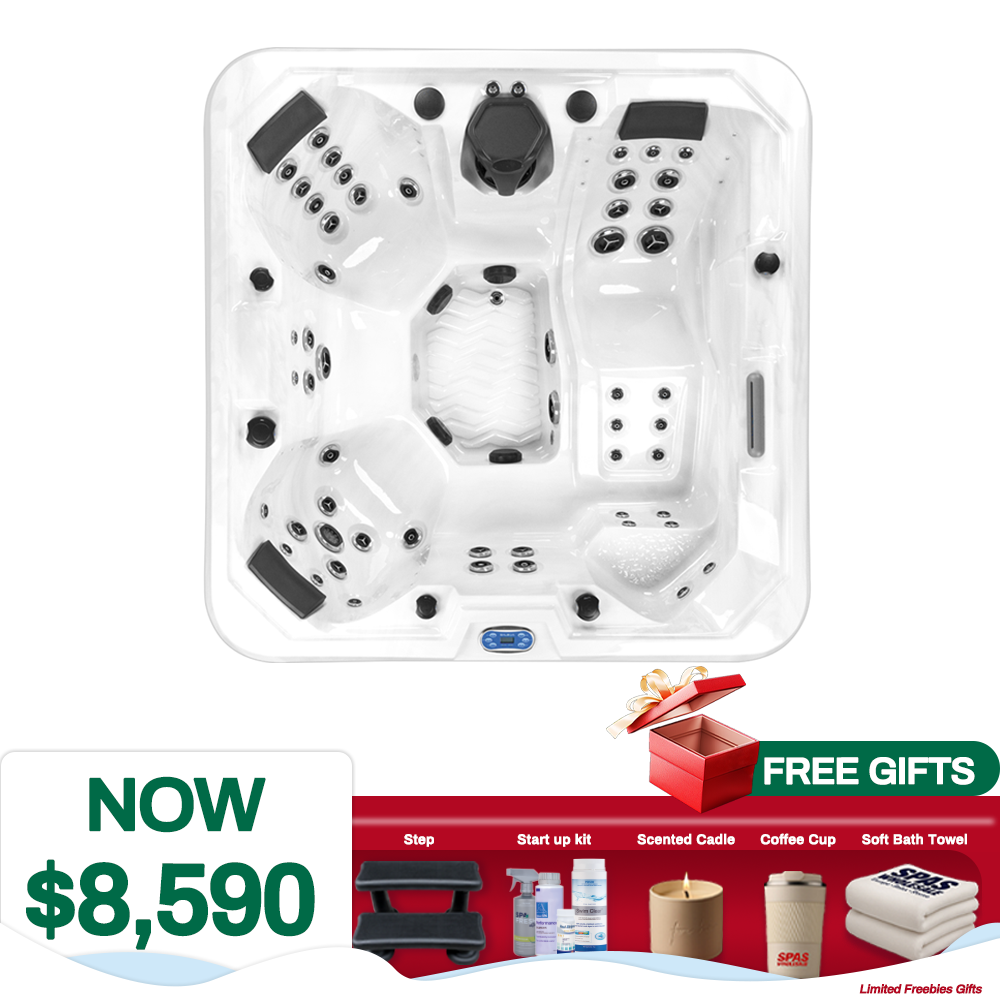

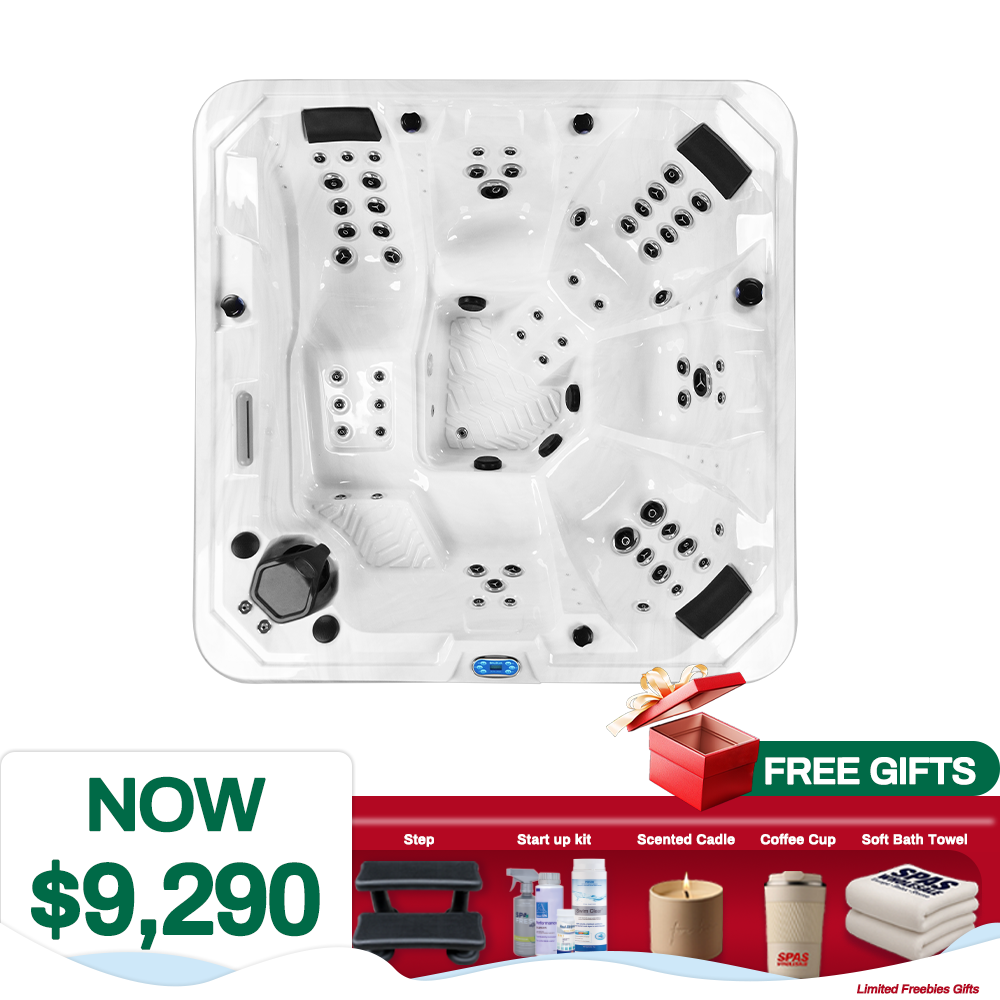
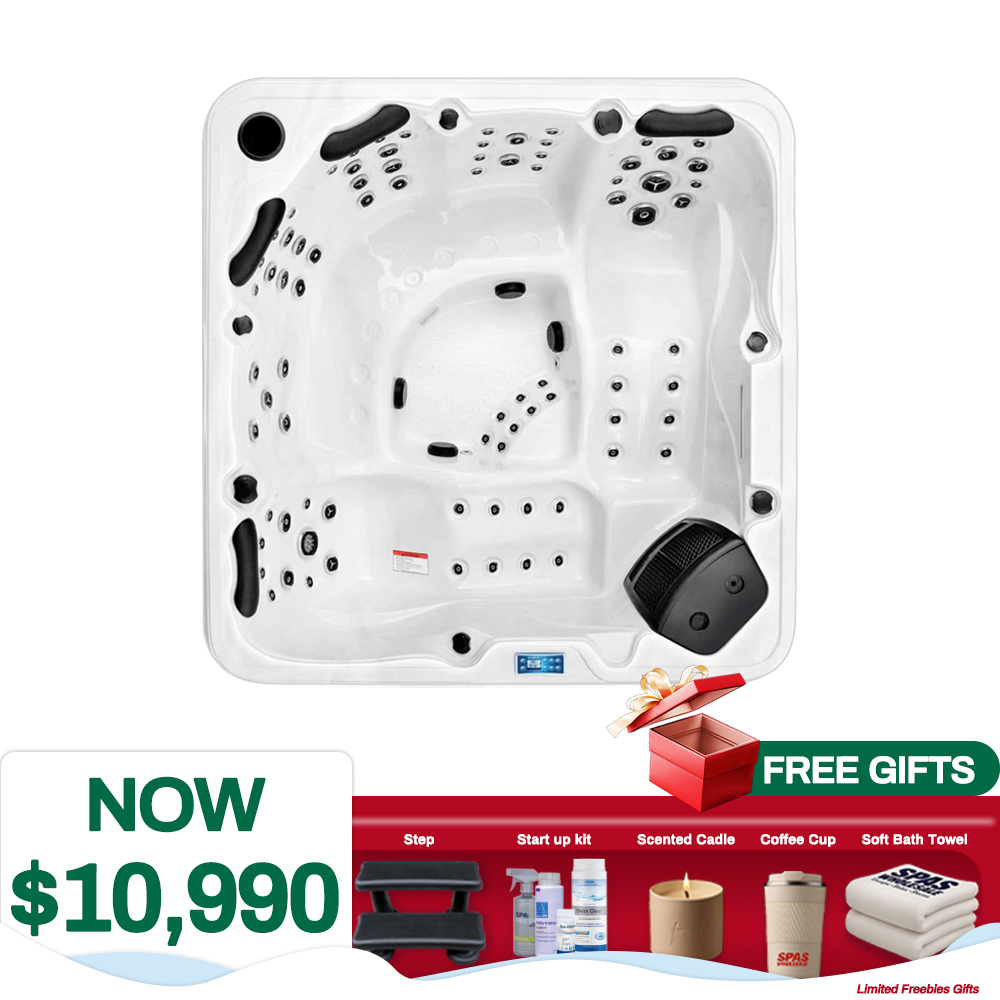

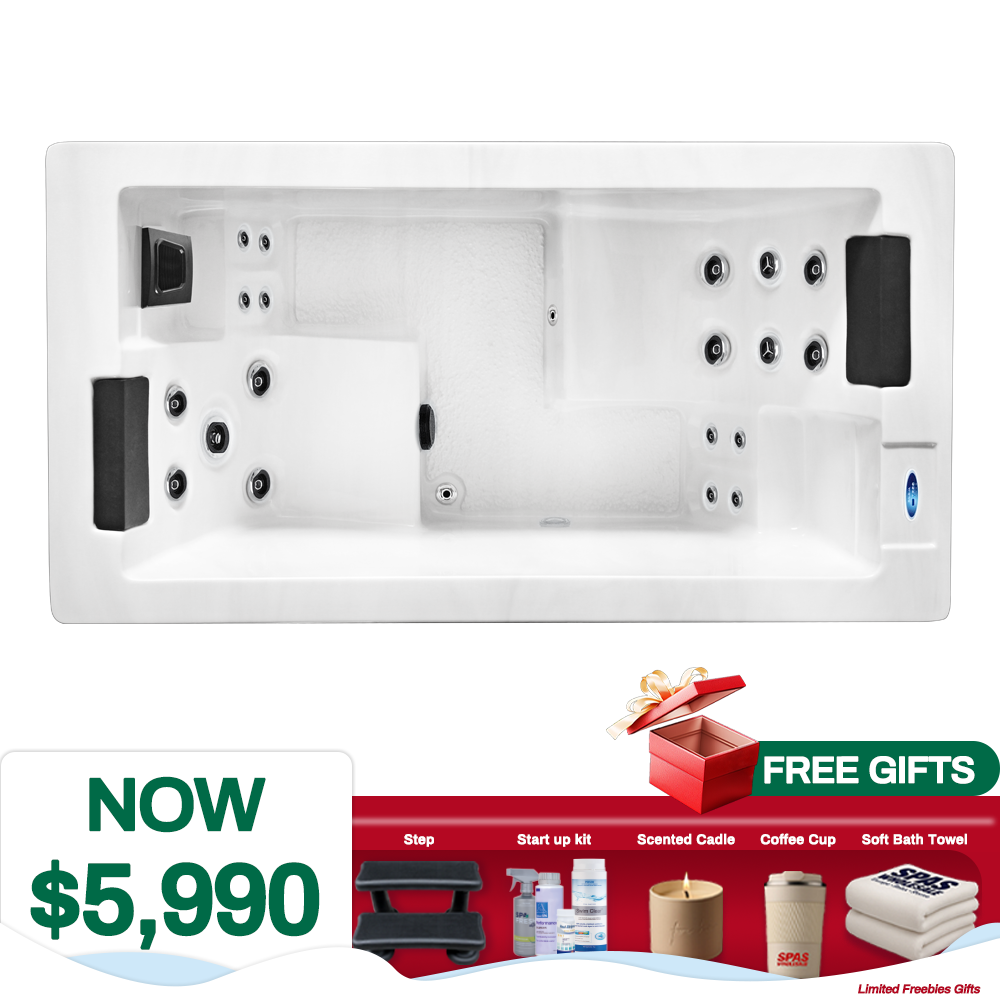

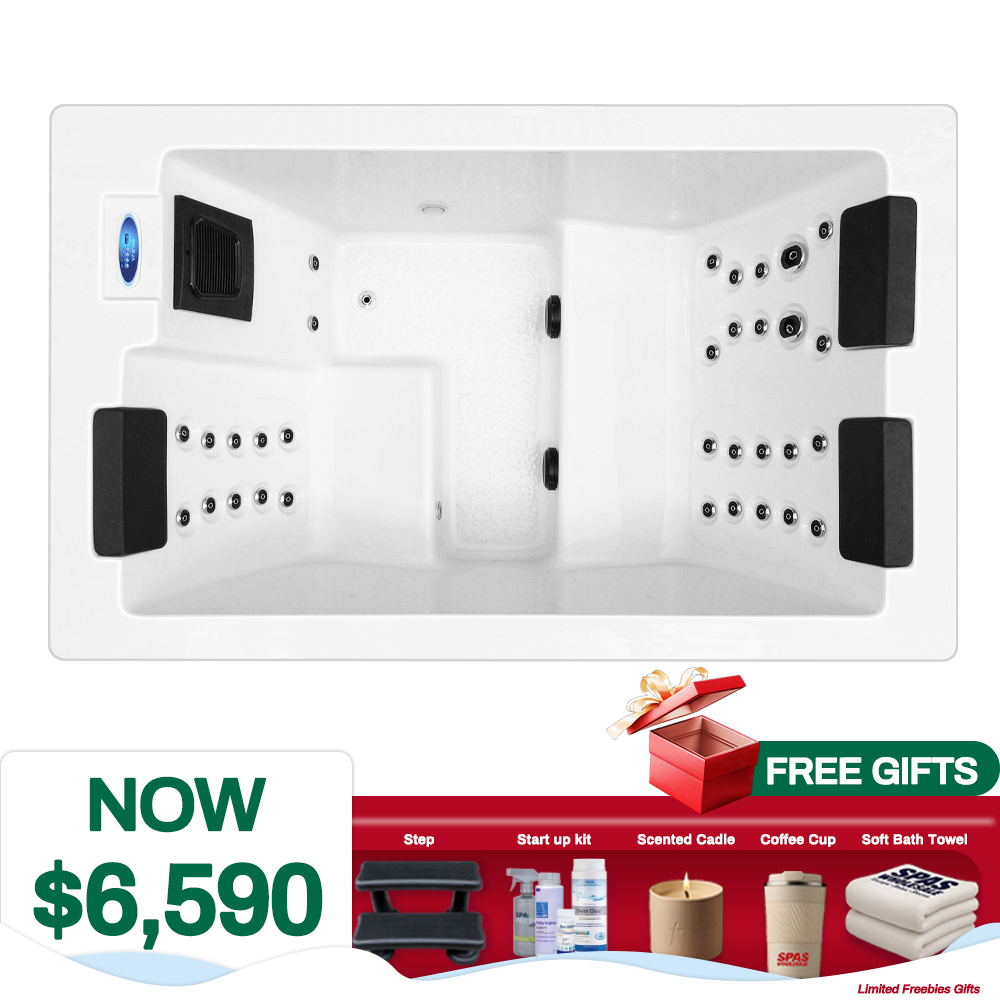


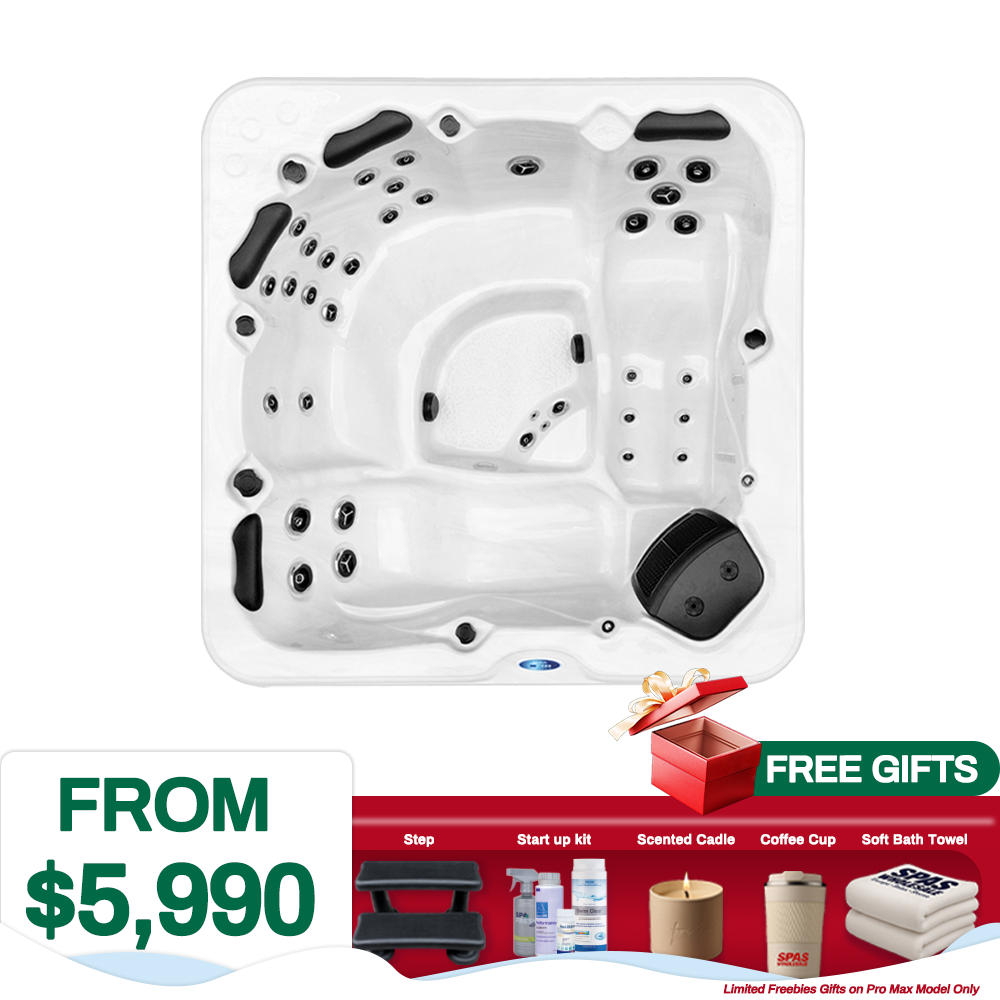
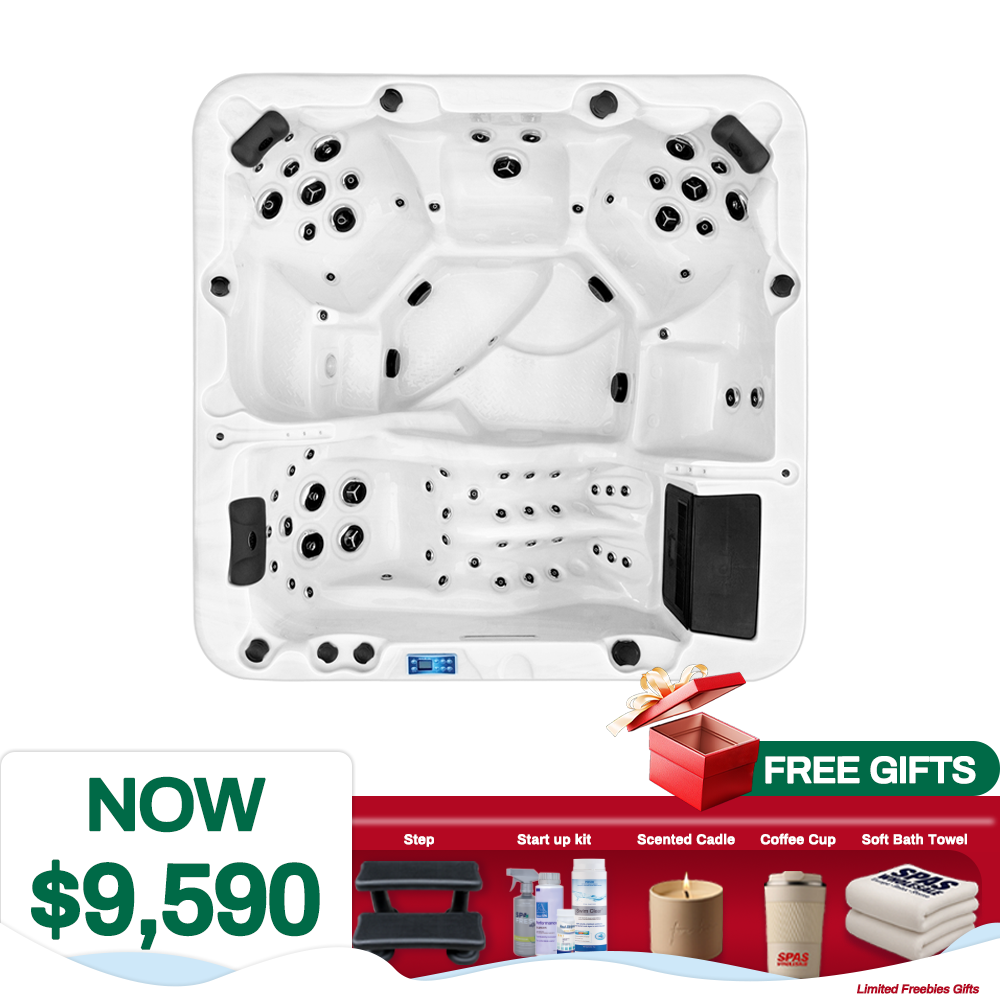
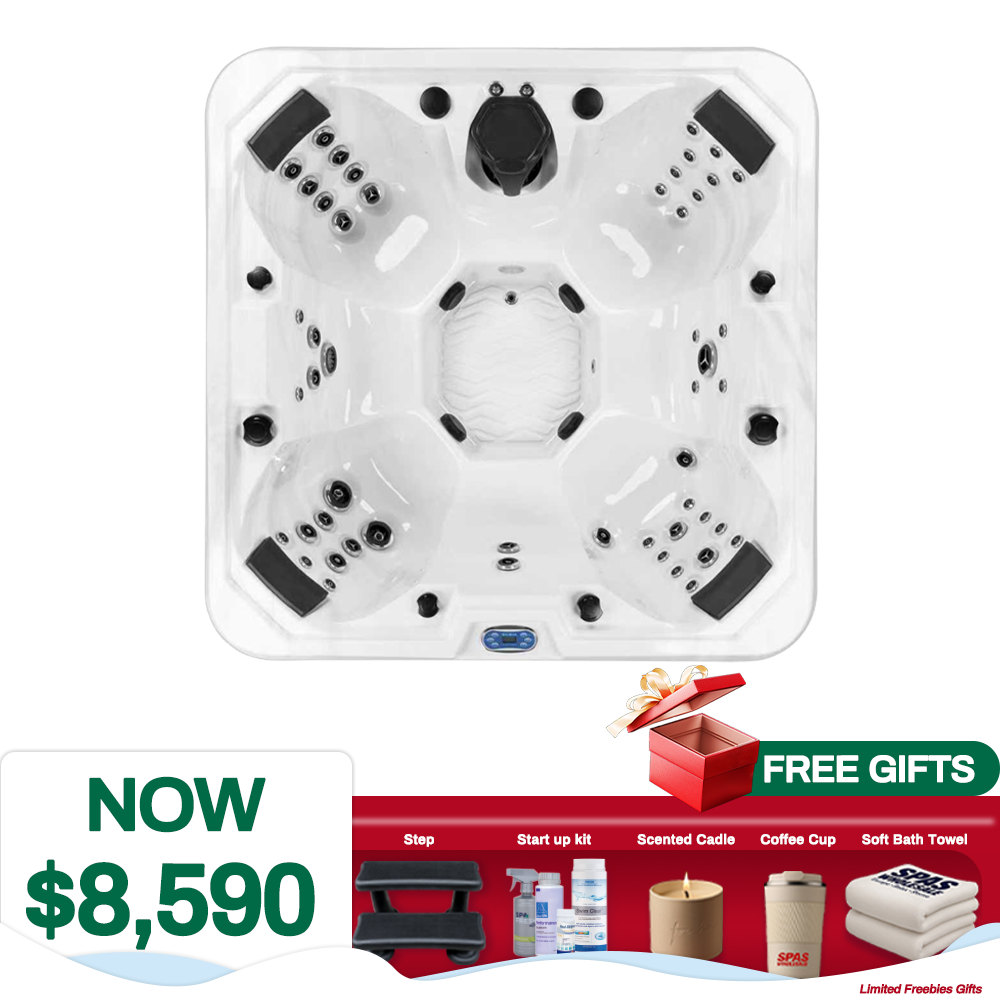
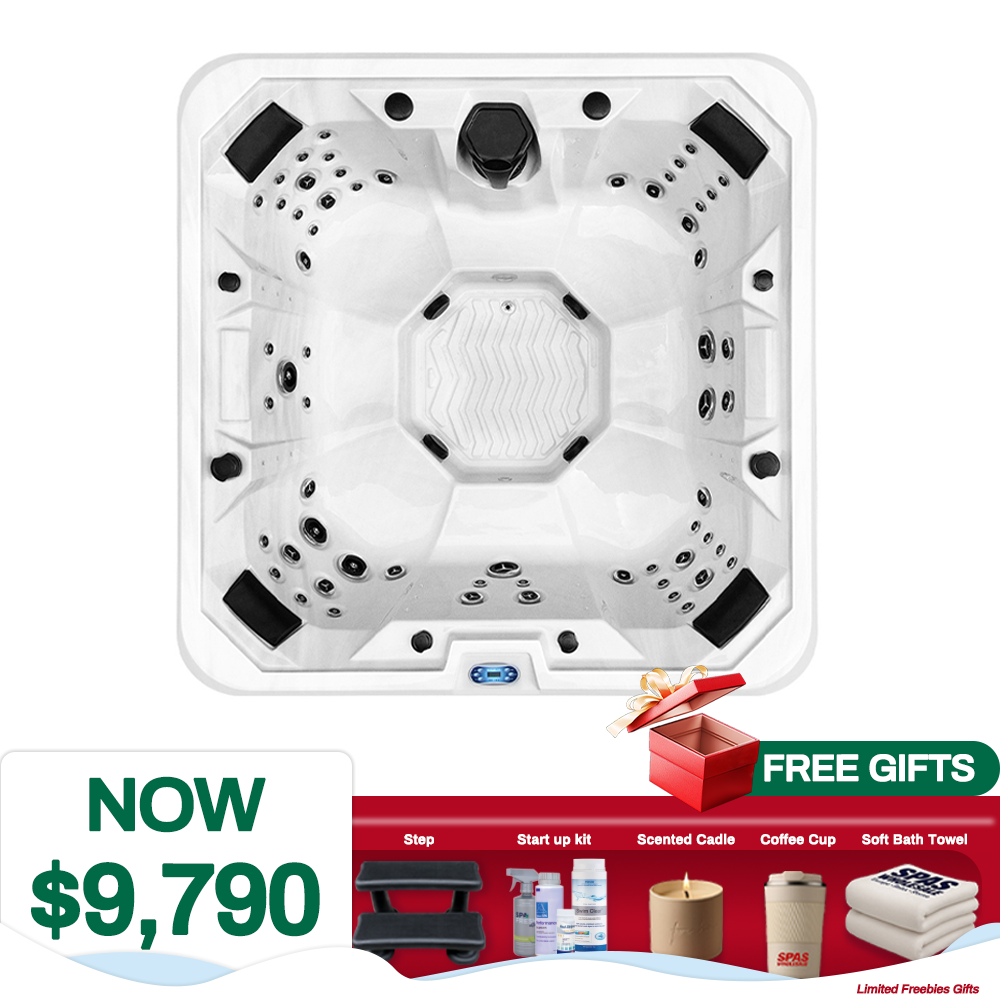
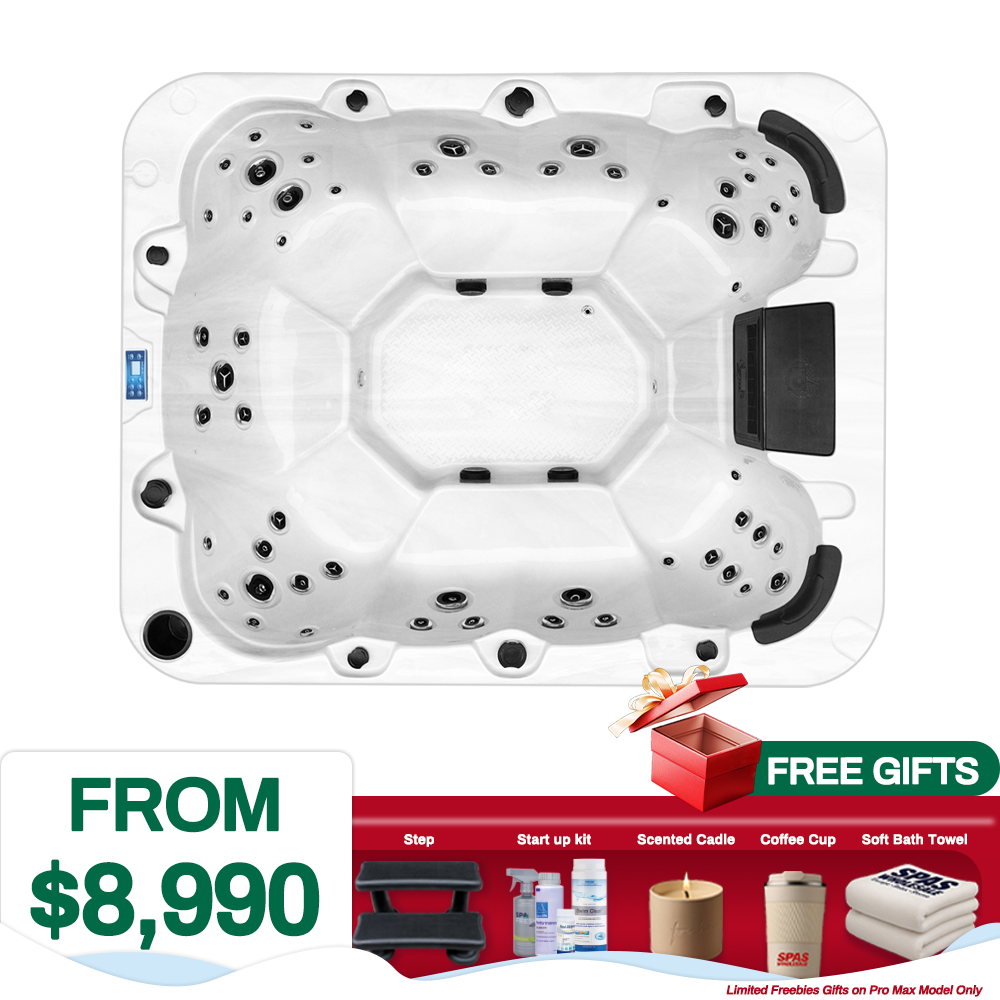
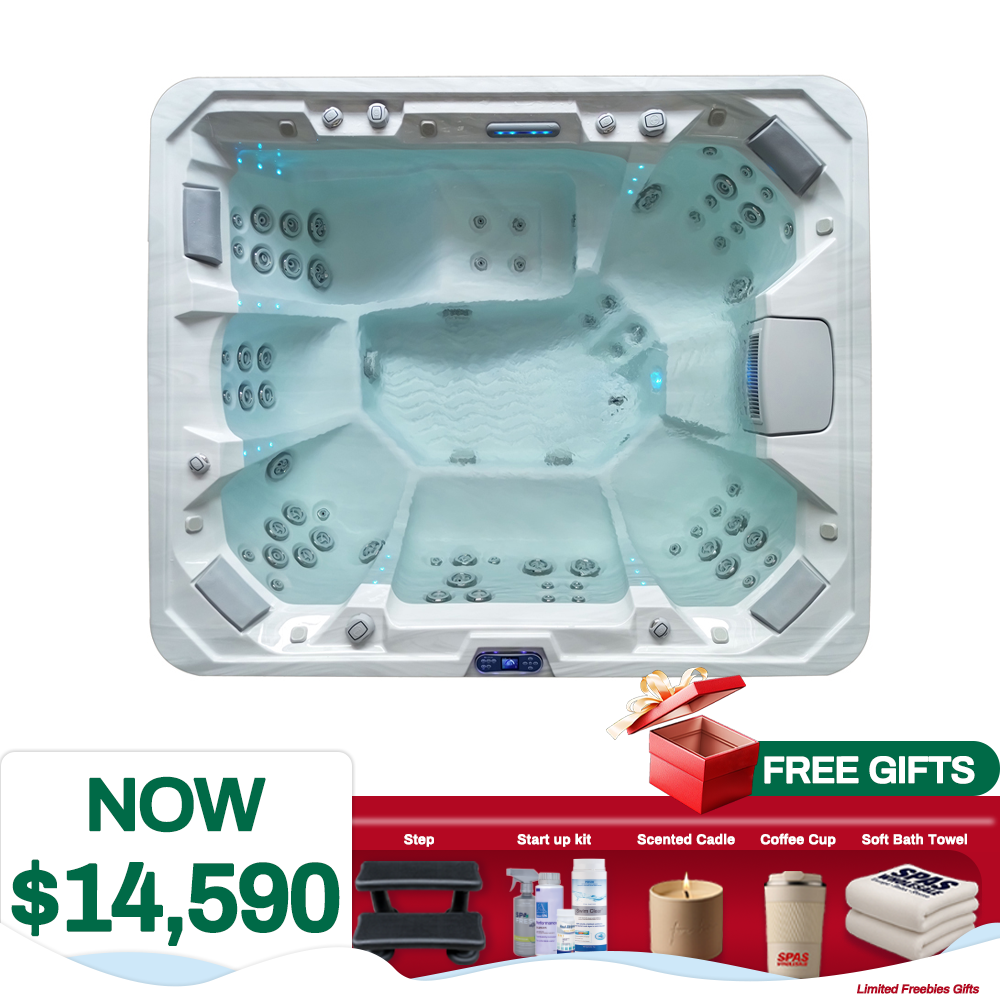
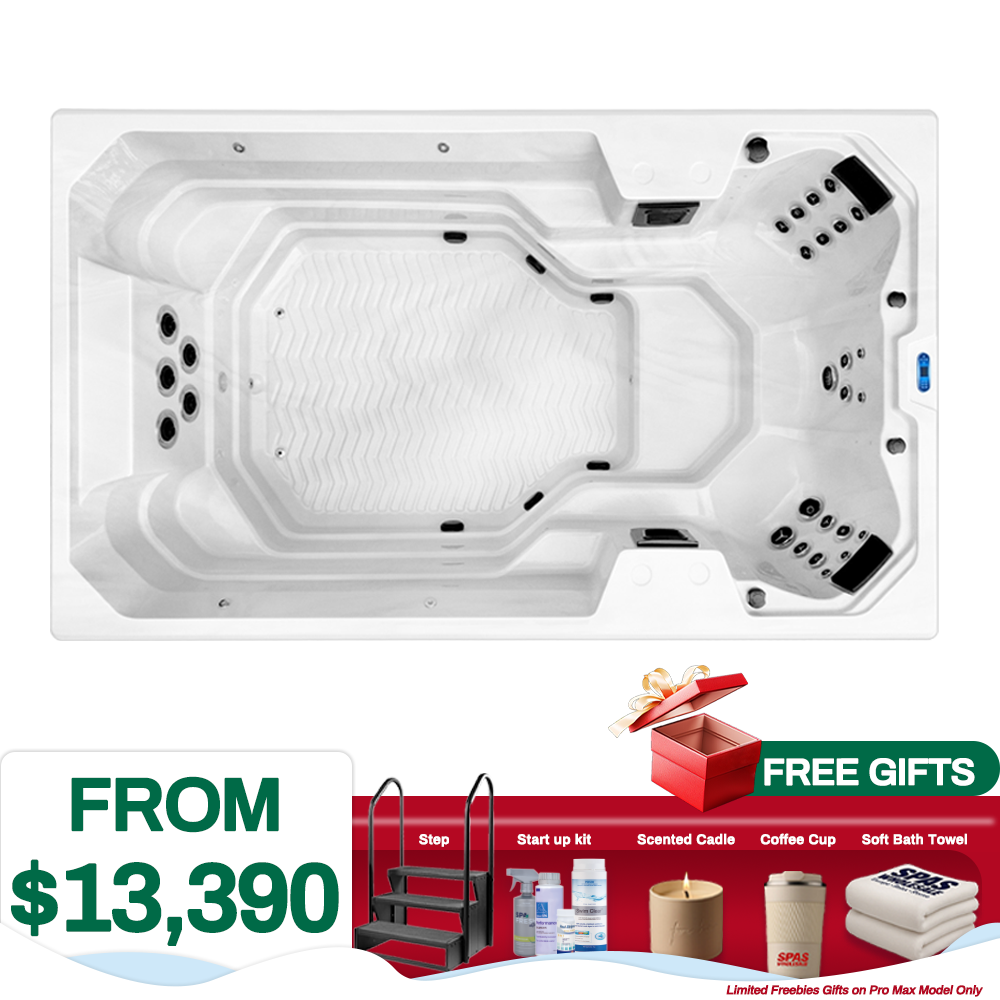
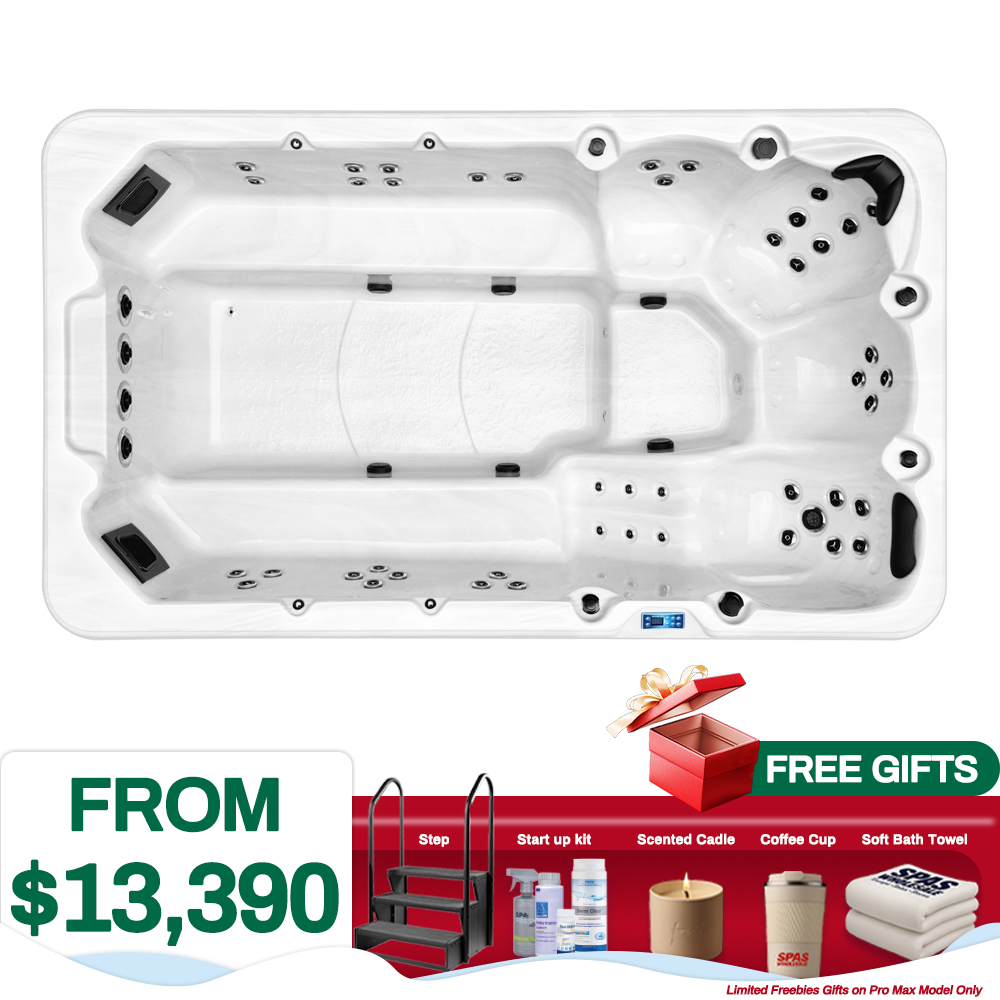
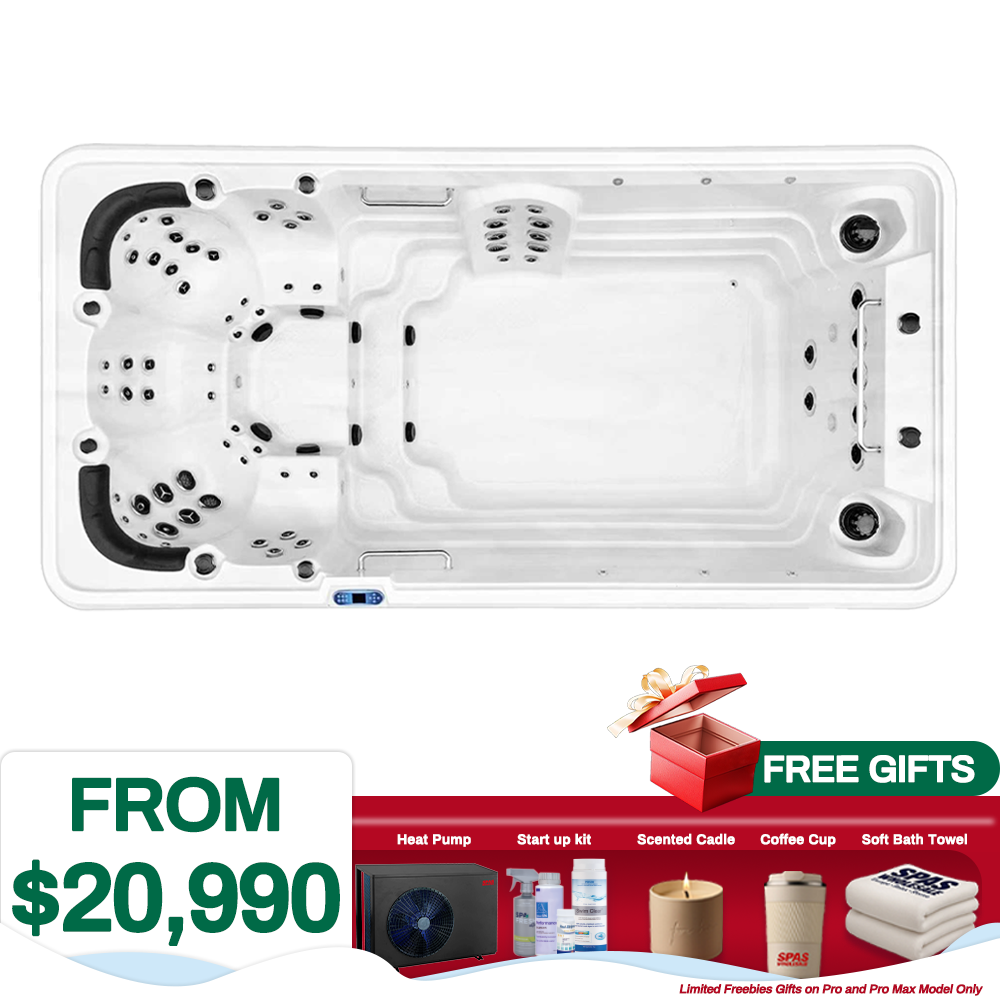

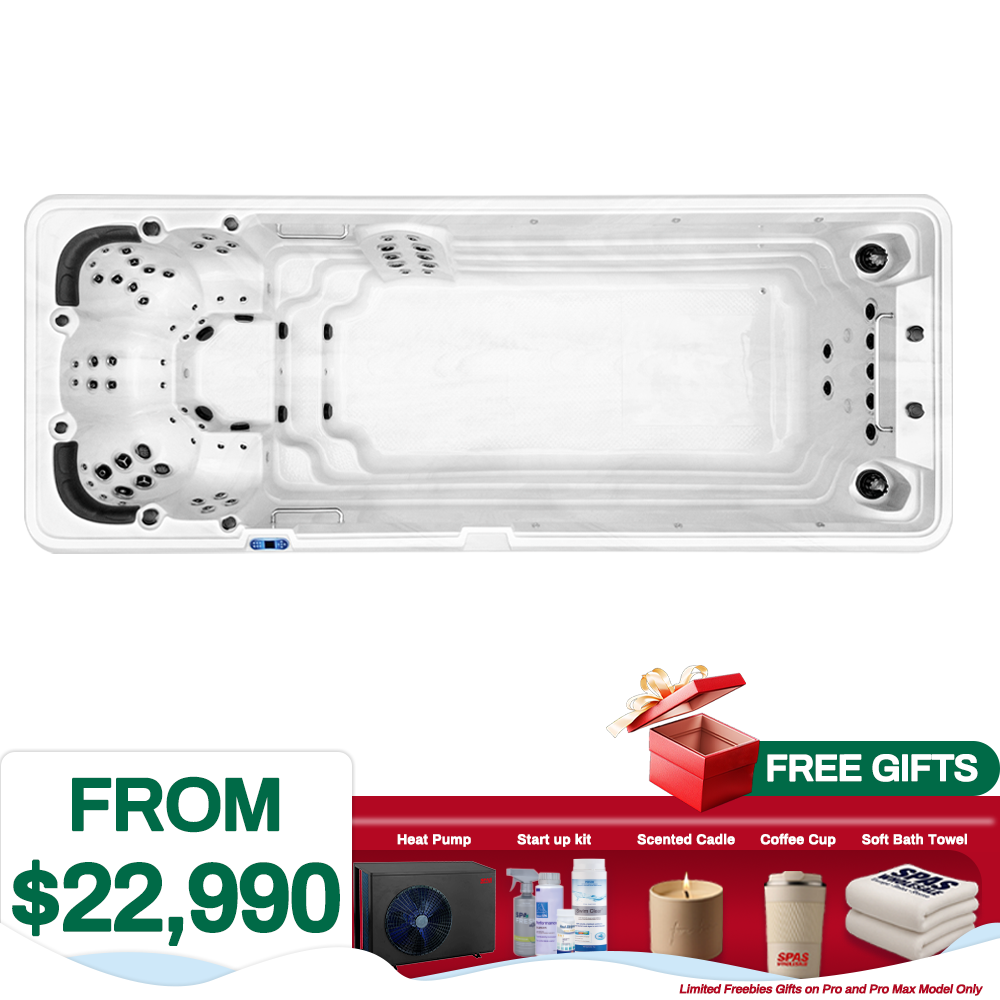
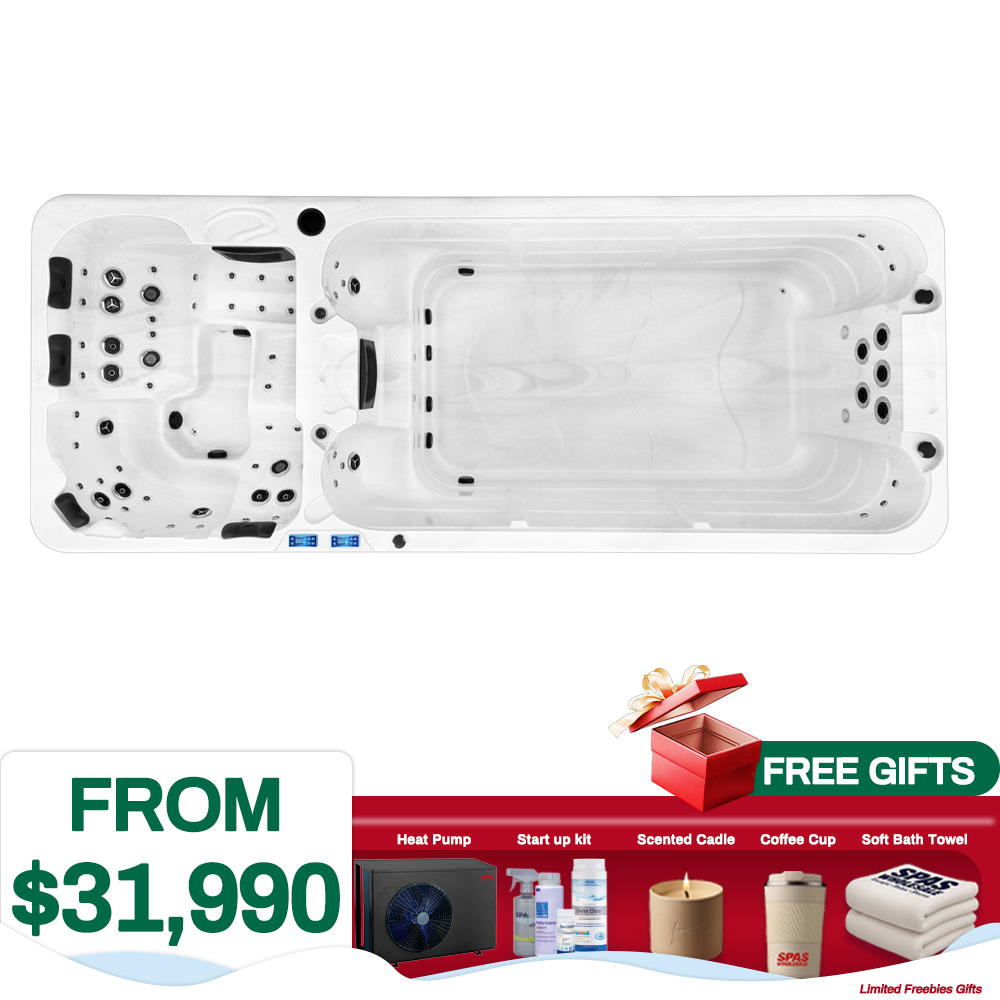
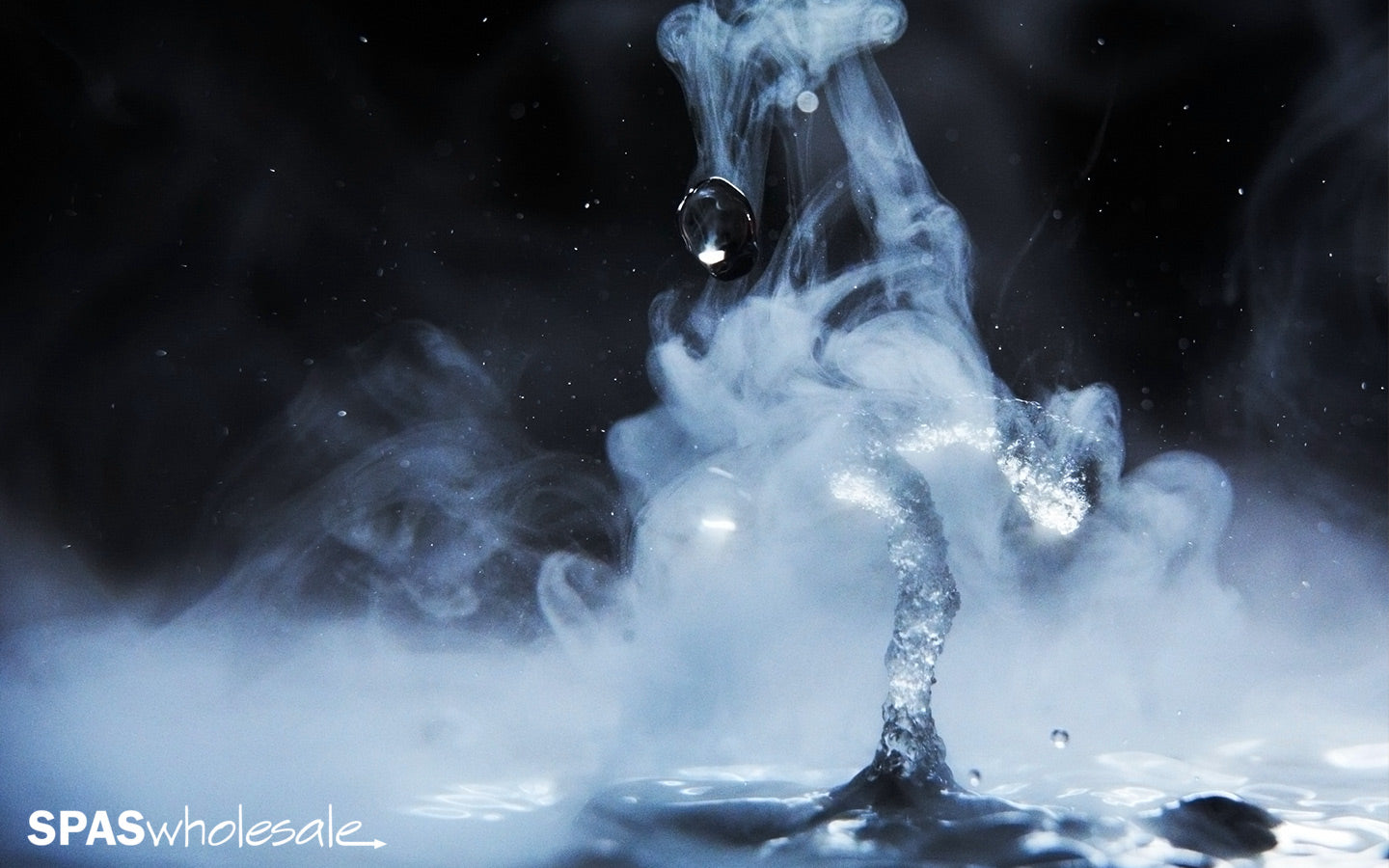

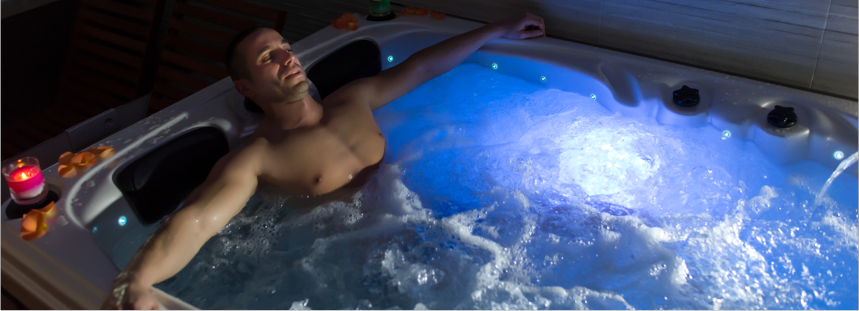
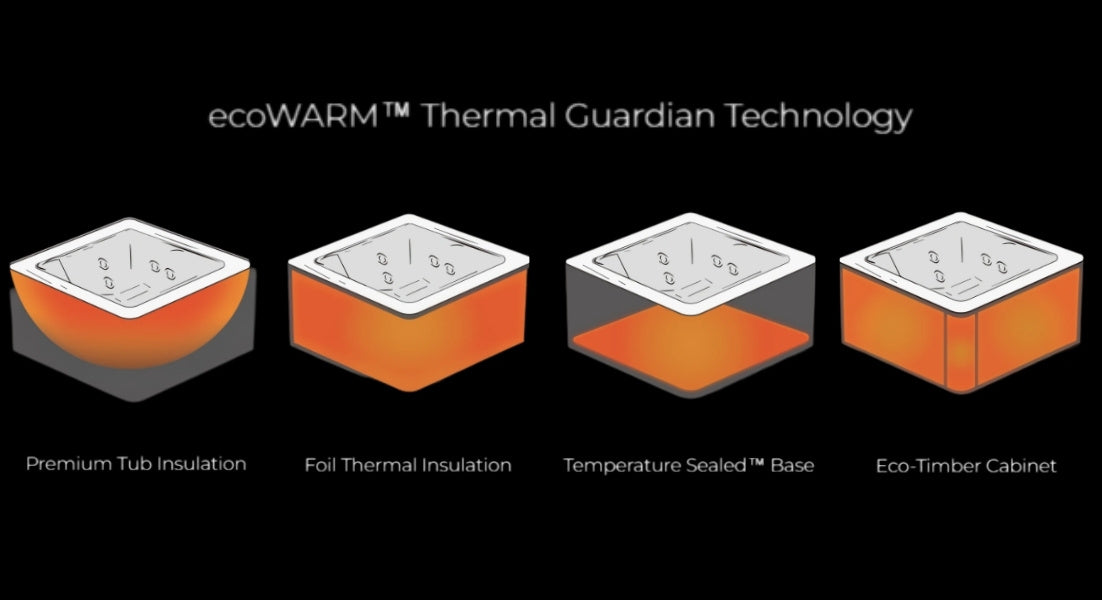
Share:
Hot Tub Energy Savings
Hot Tub Meditation and Breathing Techniques